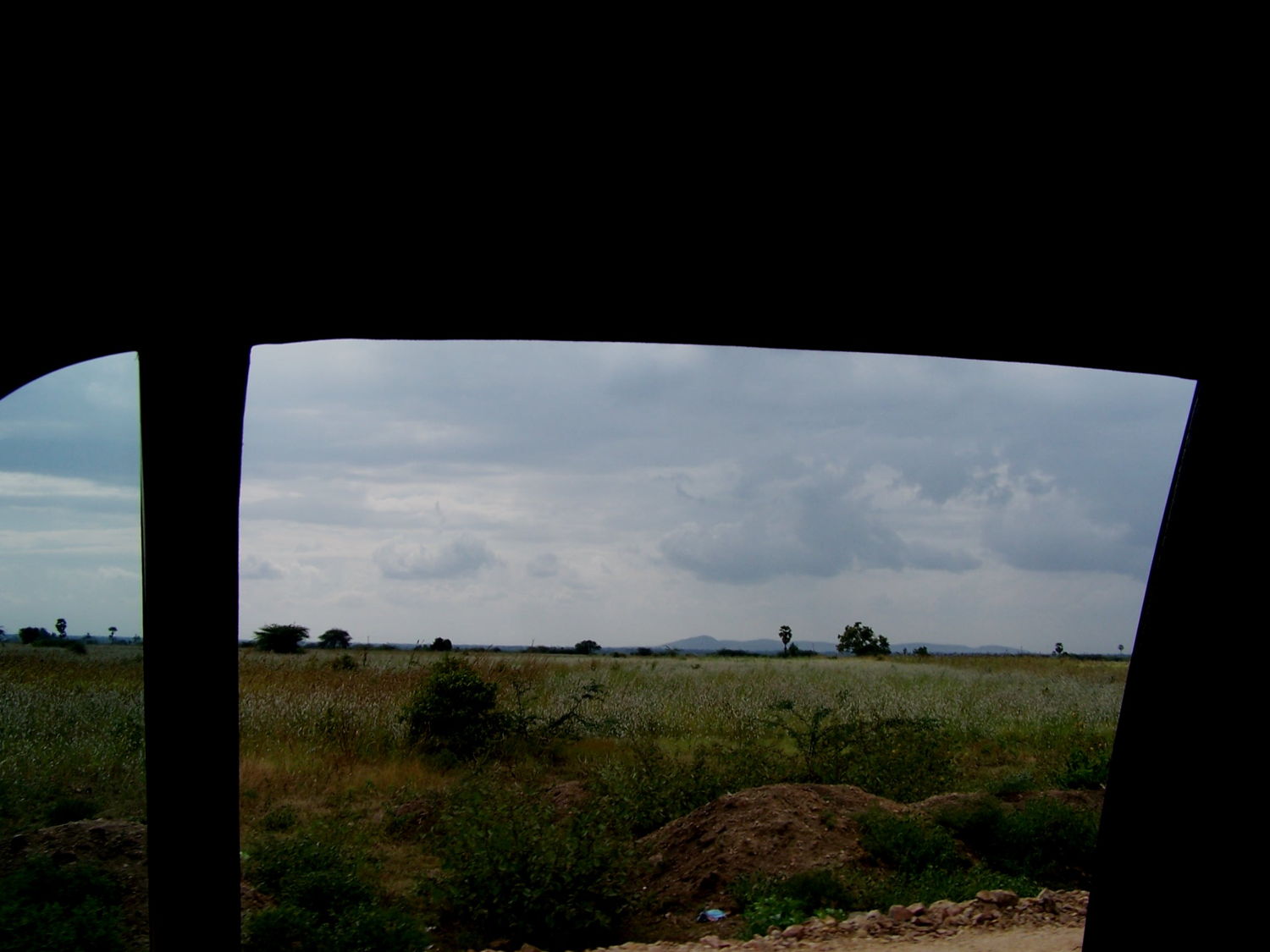Releasing Oneself from the Habitual Neurology – Where Does One Begin?
Millions of human beings are caught in the habitual thought-running, pushing them to be in a state of stupor. It is a kind of vortex in which they are caught and they remain unaware of the slavery that it imposes. They are not to be blamed because the self-protective instinct from the earliest days of human existence has set the ball rolling in that direction. As the human being grew in awareness, it gave him the power to control his environment and, along with it, came the strengthening of his ego. As his awareness, even today, is still not sufficiently developed, the misuse of his power becomes an inevitable consequence. The Great Masters who walked the Earth have attempted to bring his awareness to higher levels but their messages have only been interpreted to strengthen the ego, except perhaps for a small minority of people. That is how even the practice of religion has been along sectarian lines, leading to arguments, quarrel and war. However, the philosophic religions which encourage people to move along the esoteric lines have helped people to be reflective and to move inward. These practices do not emphasize the issue of getting a passport to heaven after death but urge the adherents to understand themselves. That brings in deepening awareness and hence the weakening of the ego.
These days we see many amongst us who disagree with the established patterns but they too soon fall into a pattern of their own, creating a kind of enmity in the process. As J. Krishnamurti says, the opposites contain the essence of their own opposites. So, we begin to wonder where we go wrong in our attempt to free humanity from the neurological slavery to the ego’s ways. That sets us along the reflective path and a kind of aloneness takes birth from it. We understand the significant impact our own psychology makes on the collective consciousness. Our personal life takes on a touch of sacredness guided by non-sectarian spiritual insights. Such banal tendencies as hatred, vindictive attitudes, self-pity, jealousy etc can no longer enter those minds. We then show abundant care for all living beings on Earth, and that love is not a result of following a dictum, religious or otherwise. Thus, it is a matter of unconditional love expressing itself through a mind that is freed from the slavery to habitual neurology.
How can we induct our children into those regions of holistic living without conditioning them according to a pattern? That is a pensive question, isn’t it? It happens that when we become aware of our own conditioning and the habitual neurology, there is a tenderness towards our children and that makes them be wary of the rut into which people have fallen. This alertness helps them understand the purity of aloneness and so they grow with deep feeling for everything on Earth. To see our children live that way is a matter of joy. They begin to apply themselves in their own way to discover the deeper truths of life.
In the process of our wondering about how to free ourselves from the tyranny of the noisy mind, we listen to the Enlightened Masters, as also to those who get a glimpse of the vaster consciousness through paranormal phenomena. A deep sense of confidence begins to grow, helping us lead a life of cheerfulness and benevolence. Our day-to-day life becomes significant in itself, no matter what it brings. There is the joy of living, instead of waiting for a financial windfall or some such thing. Strangely, even the annoying problems of practical existence begin to disappear in such a life of serenity. Related issues are taken up in the website: http://spirituality.yolasite.com
